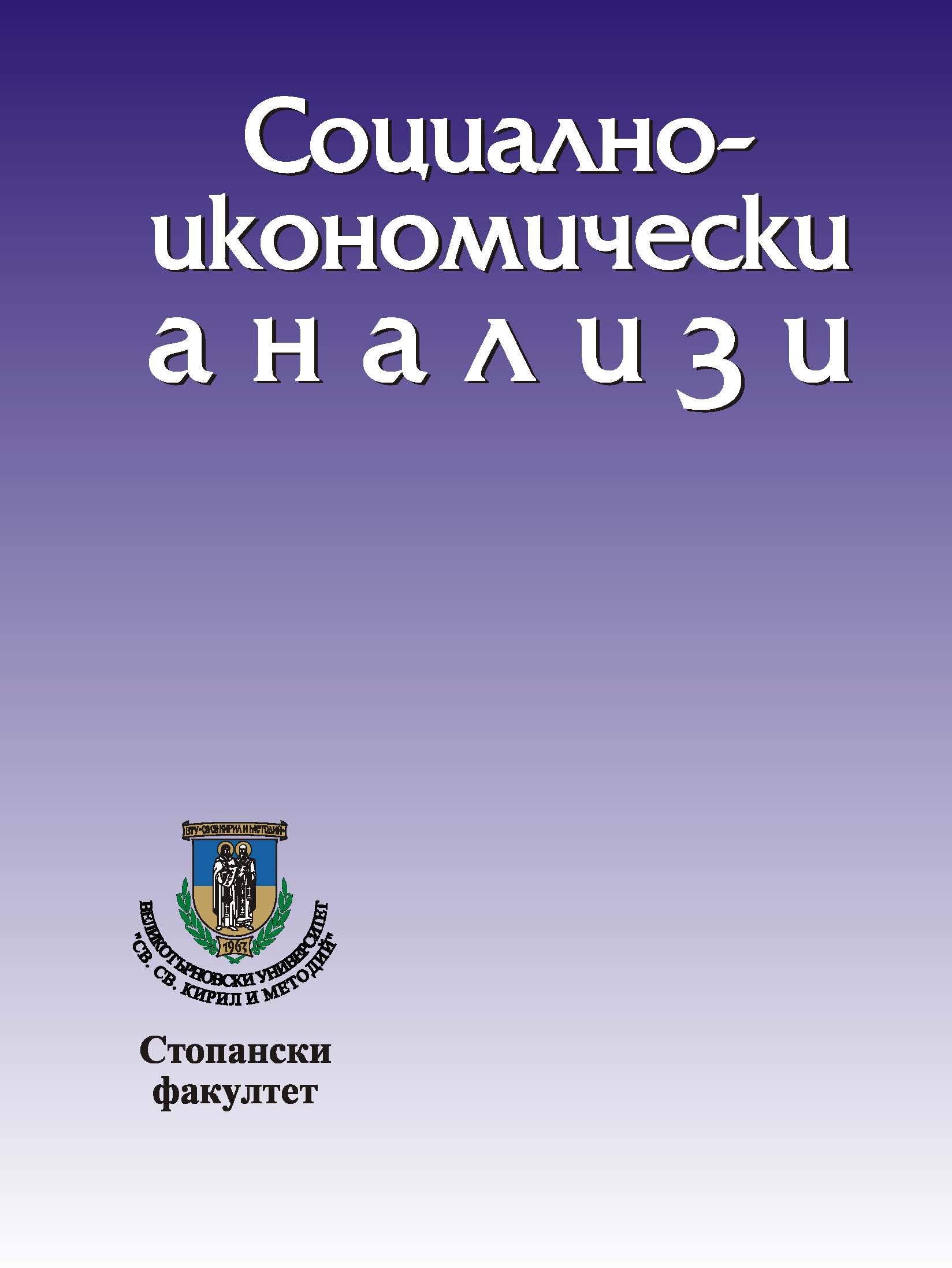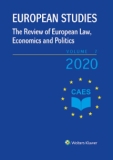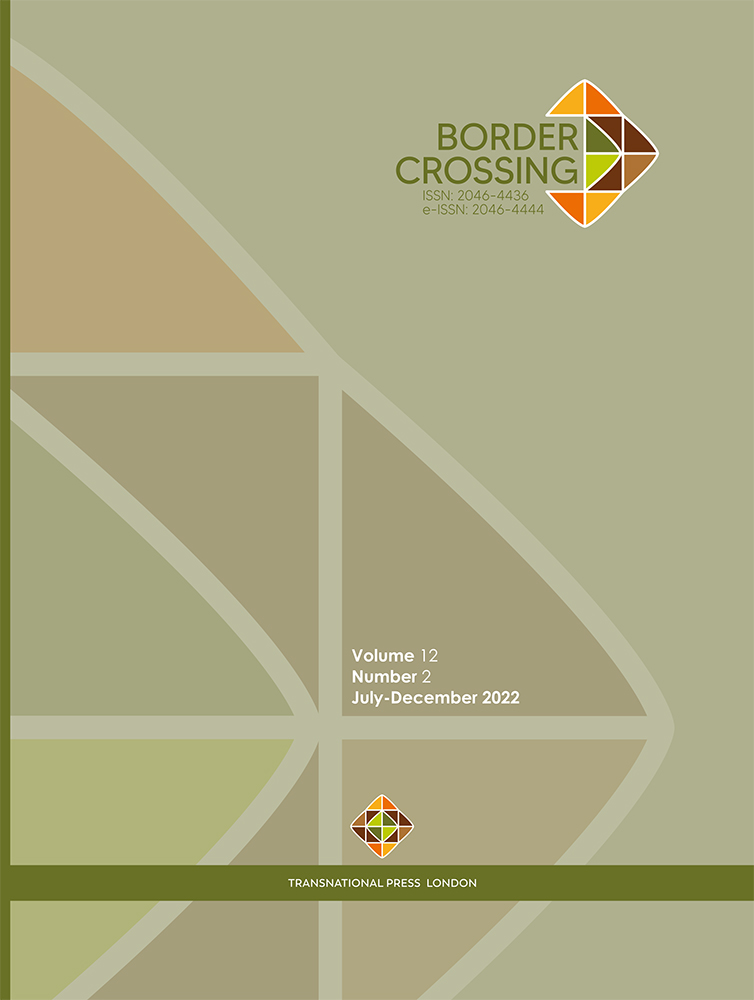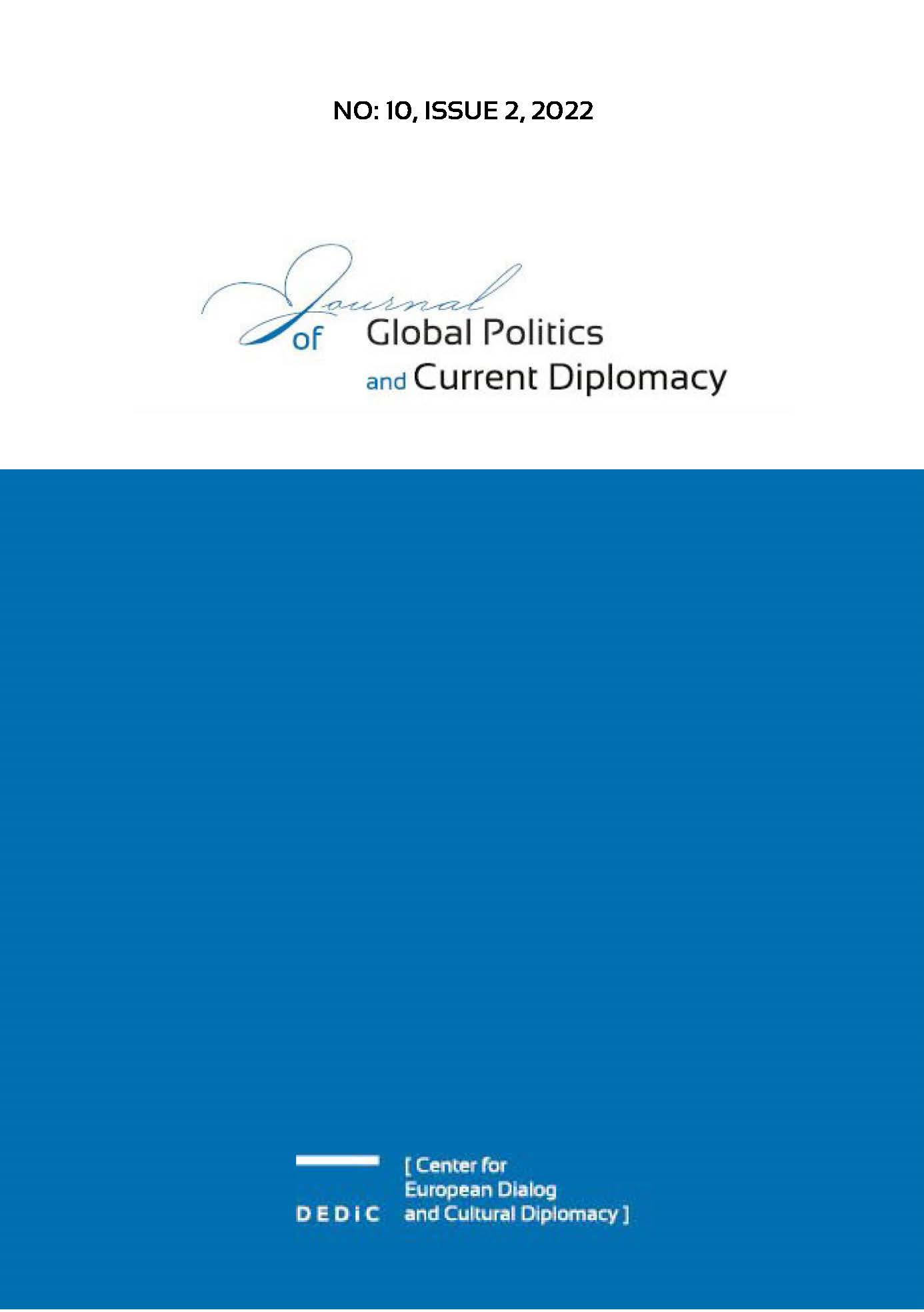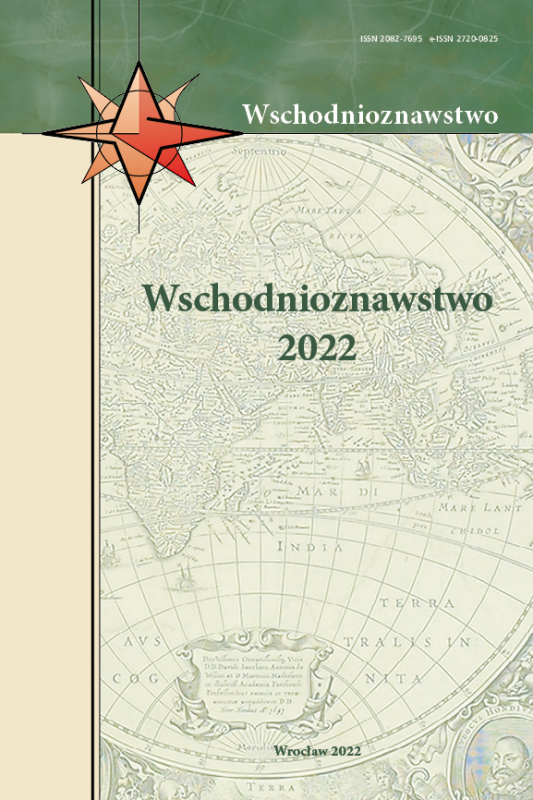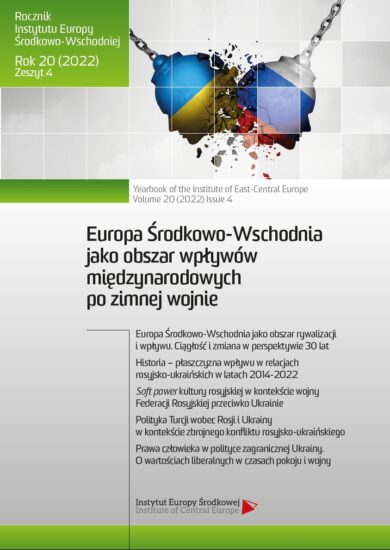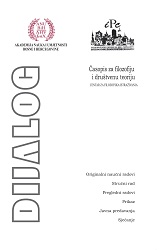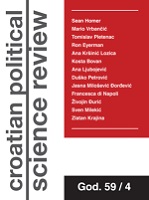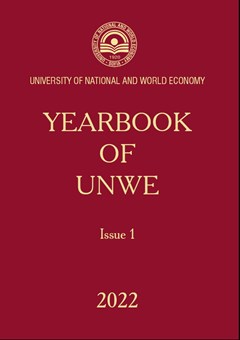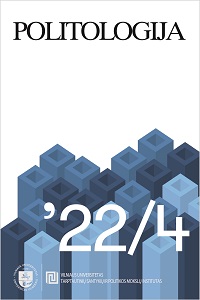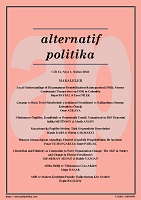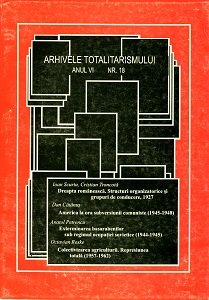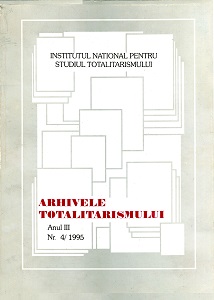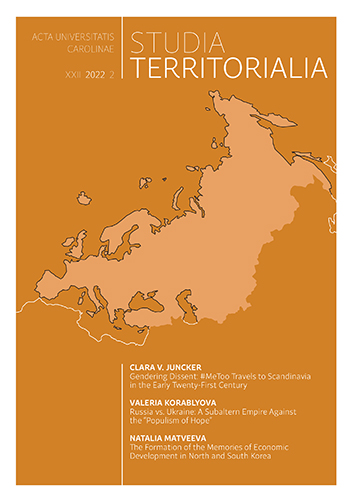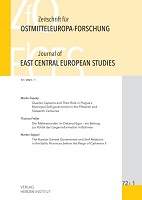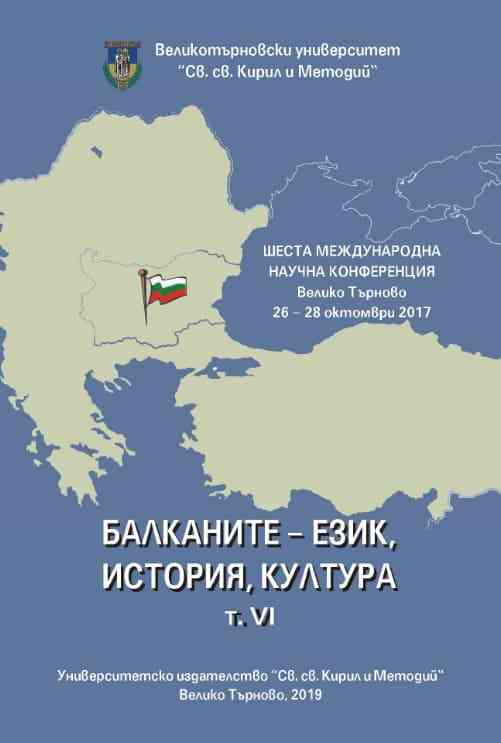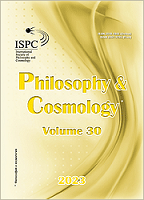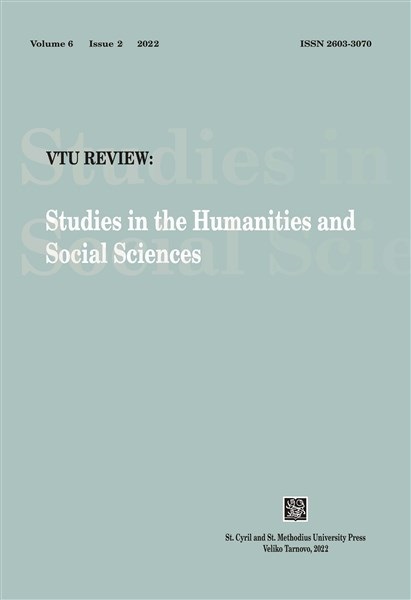Author(s): Slavo Kukić / Language(s): Bosnian
Issue: 01+02/2022
Behind Bosnia and Herzegovina is 30 years of life as a sovereign and internationally recognized state. The thesis that that entire time was filled with some kind of civilizational abyss would be far from the truth. On the contrary. During that time, Bosnia and Herzegovina became a member of the United Nations, a significant part of what was destroyed during the war was rebuilt, new economic and other capacities were built, its young people, athletes, students and scientists achieved admirable results and thus became the most powerful ambassadors of their country on all world meridians. Unfortunately, for all 30 years, Bosnia and Herzegovina was and still is in serious historical trials, in struggles with the civilizational scyllas and charybdis, in stumblings for which those who have the mandate to make it a European society and state, as well as those outside it who would preferre to destroy it and increase their own trough the parts of the states territory. Bosnia and Herzegovina’s angusih due to its decision to move into the European future as a sovereign state is most vividly witnessed by the imposed war that cost it over a hundred thousand human lives, several hundreds of thousands of devastated or completely destroyed families, economic and public facilities, as well as a total demographic devastation. According to some estimates, over 50% of the total population was either evaded or fled to save their lives. Most of them ended up outside the borders of Bosnia and Herzegovina, and relatively most of them have not returned to their pre-war homes even to this day. This is supported by the fact that Bosnia and Herzegovina is at the top of the world list of countries in terms of the size of the diaspora in relation to the number of inhabitants. The end of the war also meant relief for the common man and the hope that we could once again live as we used to live - neighbor with neighbor, helping each other, experiencing good and bad together, celebrating religious holidays and national holidays together. And it must be admitted that for the first ten years there was an inkling that this could happen. However, such a foreboding is not the merit of domestic authorities/polititians, but the practice of world power centers personified through the OHR and high representatives. At the moment when those centers of power shift their attention from Bosnia and Herzegovina to other global hotspots, the door is open to ethno-nationalists to once again take out their hatchets and return unrealized war goals to politics. This is the policy that has marked the last fifteen years and that is increasingly pushing Bosnia and Herzegovina into new civilizational and historical trials. Unfortunately, incentives for such trends, and that in an increasingly open form, come from outside Bosnia and Herzegovina, from those who turned it into a burning ground and human slaughterhouse 30 years ago, but also from the actors of world geopolitical games who see Bosnia and Herzegovina as an area of their geopolitical interest. It is fortunate, however, that due to the combination of circumstances, what is happening in Ukraine in particular, Washington and Brussels have been warned that they will have to return their involvement in BiH to the level of the immediate post-war years. And the signals from those addresses, especially in the last half year, suggest that such a turn could happen - that, in fact, it is already happening today. The largest part of the titled work is dedicated to these conversions in the last fifteen years, and in today’s time in particular.
More...
